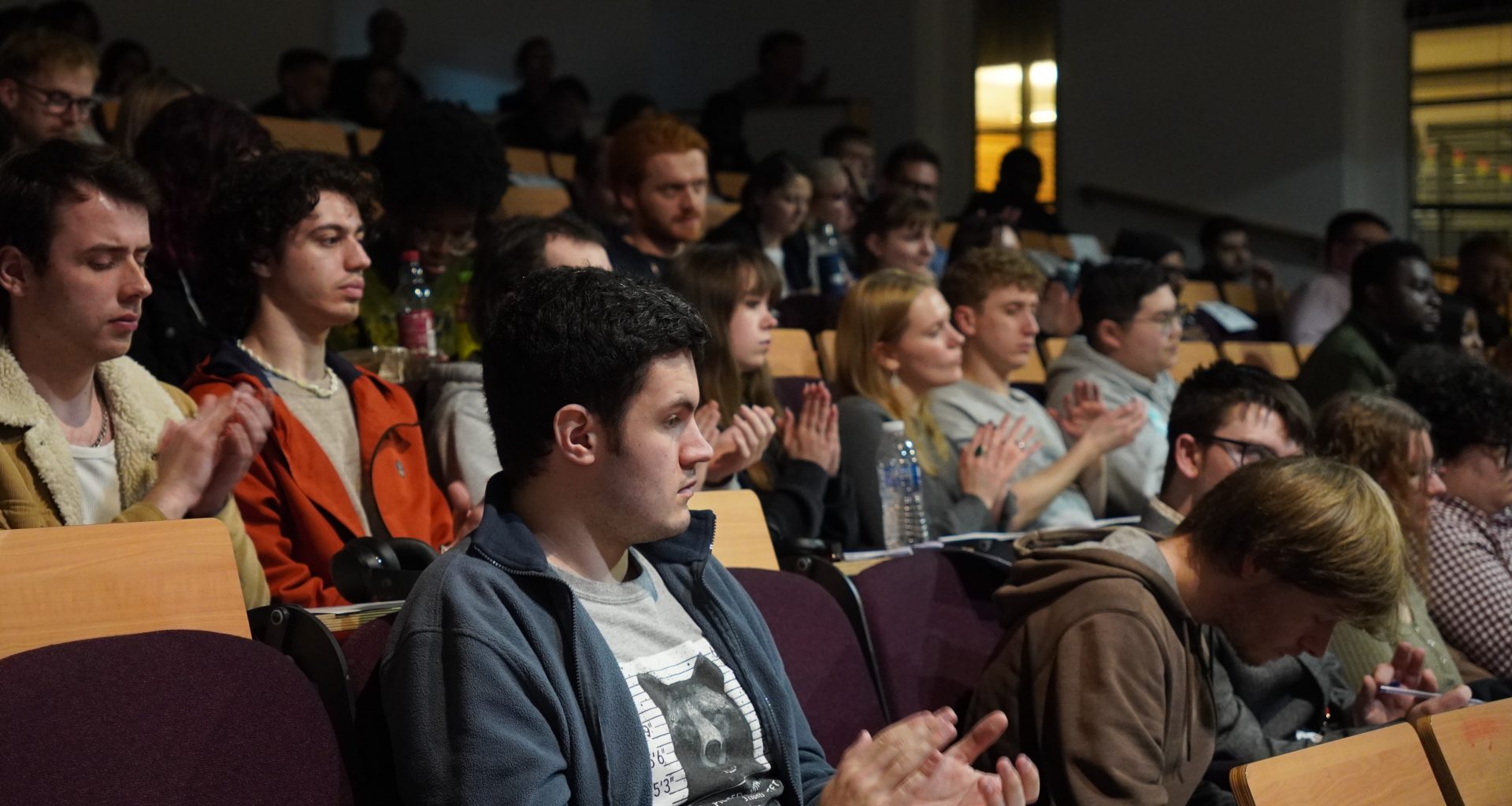Young adults exhibit lower turnout in UK elections than older generations. A common cliché attributes this trend to a lack of interest in politics among young people. But is that truly the root cause?
“I was uninformed,” said Alex Daniels, 24, referring to the 2019 election. He was a university student who could vote then, but didn’t. “At the time I’d just started university and didn’t have the time to make an informed decision. It was also because I didn’t have the same interest in politics that I do today.”
There are a host of reasons why young people don’t vote. A report from the Derby City Council lists such factors as a lack of interest in voting, scepticism regarding the government’s concern for their issues, a lack of full trust, and confusion arising from politicians’ language.
Statistics from The House of Commons Library for the 2019 general election illustrate the significant disparity in voter turnout between age groups. While individuals aged 18-24 exhibited a turnout of only 47 per cent, those over 65 boasted a turnout of 74 per cent. From a voting perspective, younger voices are being overshadowed by older voters, who turn out in large numbers. Young citizens, therefore, are ill-represented in the UK general elections. It leads to the lack of power to influence policies that will ultimately shape their future.
Norah Valerie Deka, vice-president of the Students’ Union at Bournemouth University, believes voting plays an important role in students’ lives.
“If they don’t vote, they could potentially get someone in party that they don’t even like or they don’t even agree with their politics,” Norah said. “That’s why I really think it’s important that even if you think you don’t know anything about elections, you should vote.”
Labour Party’s Parliamentary candidate for Bournemouth West, Jessica Toale said: “It’s so important that young people engage in politics. The decisions that are being made now are the ones that will impact their lives 10, 20 years in the future.”
That is a point difficult to argue with. So, will the voter behaviour be any different this time around? A YMCA report indicates that it will. The report, based on a survey of 1,054 young people, said 86% of individuals under the age of 25 plan to vote in the upcoming general election.
Although these respondents is not entirely representative of the 5.5 million young voters in the UK, there appears to be many, such as Daniels, who now see the value in political engagement.
“Politics shouldn’t be apart from everyday life,” he said. “During Covid, I noticed a lot of things that I really didn’t like and that made me think, I need to pay attention to this rather than be ignorant to it.”

Henry Bishop, who is 22, is another young voters excited about the election, who intended to follow “the entire election process” to “witness the changes”.
“I’m looking forward to going to the polling station physically and casting my vote,” Bishop said. He considers political engagement critical, he added, as he can now see the “bigger picture” and how politics can affect the “development of nations, areas, and specific people”.
It is necessary for the involvement of university students, who form a significant part of the young voting population in the coming election, Deka said. What’s needed for that?
“Educate students,” she said. “Always educate other people about what voting means, who you can vote for and what other parties stand for.”
To encourage greater participation among young people in democratic processes, political parties have begun to organise specific events targeted at students.
“I understand that traditional party politics can be kind of boring,” said Toale, who has made young voters a priority in her campaigning. “It can seem irrelevant to everyday life, but the decisions being made on a daily basis are really important. And I think young people are really political and engaged now.”








